Festivals in Paraguay, located in the heart of South America, is a country with a rich cultural heritage influenced by its indigenous roots, Spanish colonial history, and unique traditions. The festivals and holidays in Paraguay are vibrant celebrations that reflect the nation’s history, religious practices, and cultural diversity. In this exploration, we will delve into some of the most relevant festivals and holidays in Paraguay, examining their historical origins, cultural significance, and the ways in which they contribute to the nation’s identity.
1. Independence Day – May 14th-15th
Independence Day in Paraguay is celebrated on May 14th and 15th, marking the country’s declaration of independence from Spanish rule in 1811. This historic event is commemorated with various activities, including patriotic ceremonies, parades, and cultural events.
Asunción, the capital, hosts grand celebrations with military parades, flag ceremonies, and traditional dances. Independence Day serves as a time for reflection on Paraguay’s struggle for sovereignty and a celebration of the nation’s unity and identity. The festivities showcase the pride Paraguayans take in their independence and heritage.
2. Virgen de Caacupe – December 8th
The Virgen de Caacupe is one of Paraguay’s most revered religious figures. Celebrated on December 8th, this festival honors the patroness of Paraguay. Pilgrims from across the country make their way to the Basilica of Caacupe, located about 50 kilometers from Asunción, to pay homage to the Virgin.
The celebration includes religious processions, prayers, and cultural events. Many Paraguayans consider the Virgen de Caacupe as a symbol of protection and blessing, and the festival underscores the deep connection between faith and cultural identity in Paraguay.
3. Dia de la Paz del Chaco – March 1st
Dia de la Paz del Chaco, or Chaco Armistice Day, is observed on March 1st to commemorate the end of the Chaco War between Paraguay and Bolivia in 1935. The conflict, primarily over the disputed Chaco region, lasted three years and had a profound impact on both nations.
Paraguayans remember the sacrifices made during the war, and the day is marked with ceremonies, wreath-laying at war memorials, and reflections on the importance of peace. Dia de la Paz del Chaco is a somber yet significant occasion that emphasizes the nation’s commitment to peace and the resolution of conflicts.
4. Carnaval de Encarnacion – February/March
The Carnaval de Encarnacion is one of Paraguay’s most lively and exuberant celebrations, taking place in the city of Encarnacion during the Carnival season in February or March. This carnival is known for its vibrant colors, elaborate costumes, and energetic music.
The festivities include parades with floats, traditional dances, and lively street parties. Carnaval de Encarnacion attracts both locals and tourists, creating a festive atmosphere that highlights Paraguay’s cultural dynamism and the joyous spirit of its people.
5. Dia de San Blas – February 3rd
Dia de San Blas is celebrated on February 3rd in honor of Saint Blaise, the patron saint of Paraguay. The day holds religious significance, and celebrations include church services, processions, and blessings of throats.
San Blas is particularly venerated in the town of Quiindy, where the celebration is marked by traditional dances and cultural events. Dia de San Blas reflects the intersection of Catholic traditions with indigenous cultural expressions in Paraguay.
6. Dia de la Amistad – March 23rd
Dia de la Amistad, or Friendship Day, is celebrated on March 23rd, emphasizing the value of friendship in Paraguayan culture. While not a public holiday, it is widely observed, especially among schoolchildren and youth.
People exchange small gifts, cards, and tokens of appreciation with friends, highlighting the importance of camaraderie and social bonds. Dia de la Amistad reflects the warmth and sociability ingrained in Paraguay’s cultural fabric.
7. Dia de la Independencia Nacional – November 25th
Dia de la Independencia Nacional, or National Independence Day, is observed on November 25th, commemorating Paraguay’s independence from Spanish rule in 1842. The day is marked with ceremonies, patriotic events, and cultural activities across the country.
Paraguayans take pride in their history and heritage, and National Independence Day serves as an occasion to reflect on the struggles and triumphs that have shaped the nation. The celebration reinforces the sense of national identity and unity among the people.
8. Nanduti Festival – April/May
The Nanduti Festival is an annual event held in the city of Itauguá, celebrating the traditional lacework known as nanduti. Nanduti, meaning “spider web” in the Guarani language, is a delicate and intricate form of lace that holds cultural significance in Paraguay.
The festival features exhibitions of nanduti artwork, competitions, and cultural performances. Itauguá, known as the “City of the Nanduti,” becomes a hub for artisans and enthusiasts to showcase and appreciate this traditional craft, highlighting the importance of cultural preservation.
9. Dia del Folklore Nacional – August 22nd
Dia del Folklore Nacional is celebrated on August 22nd, recognizing the diverse folklore and traditional cultural expressions that define Paraguay. The day is marked by cultural events, including traditional music and dance performances, storytelling, and exhibitions of folk art.
Paraguay’s folklore is a tapestry woven from indigenous Guarani traditions, Spanish influences, and the country’s unique history. Dia del Folklore Nacional serves as a platform for showcasing and preserving these rich cultural elements.
10. Festival de la Semilla – October
The Festival de la Semilla, or Seed Festival, is an agricultural celebration held in various communities across Paraguay, particularly in rural areas. The festival, often taking place in October, focuses on the importance of seeds in agriculture and sustainable farming practices.
Activities include seed exchanges, agricultural fairs, and educational programs highlighting the significance of biodiversity and environmental conservation. The Festival de la Semilla underscores Paraguay’s agricultural heritage and its commitment to sustainable practices.
Conclusion
Paraguay’s festivals and holidays provide a fascinating glimpse into the country’s cultural diversity, historical roots, and contemporary expressions of identity. From the patriotic fervor of Independence Day to the lively celebrations of Carnaval de Encarnacion, each event contributes to the vibrant tapestry of Paraguayan culture.
These celebrations are not just occasions for revelry; they are expressions of Paraguay’s resilience, creativity, and commitment to preserving its unique identity. Whether through colorful parades, traditional dances, or cultural exhibitions, Paraguayans come together to celebrate their history, culture, and shared values.
Moreover, these festivals serve as a bridge between Paraguay’s past and present, fostering cultural continuity and dialogue. Events like the Nanduti Festival and Dia del Folklore Nacional highlight the importance of preserving traditional crafts and cultural expressions, ensuring they remain integral to the nation’s identity.
As Paraguay continues to evolve, these festivals will undoubtedly remain integral to the fabric of the nation. They provide a space for both Par
aguayans and visitors to engage with the cultural richness of the country, experiencing the traditions, stories, and collective spirit that define this captivating South American nation.


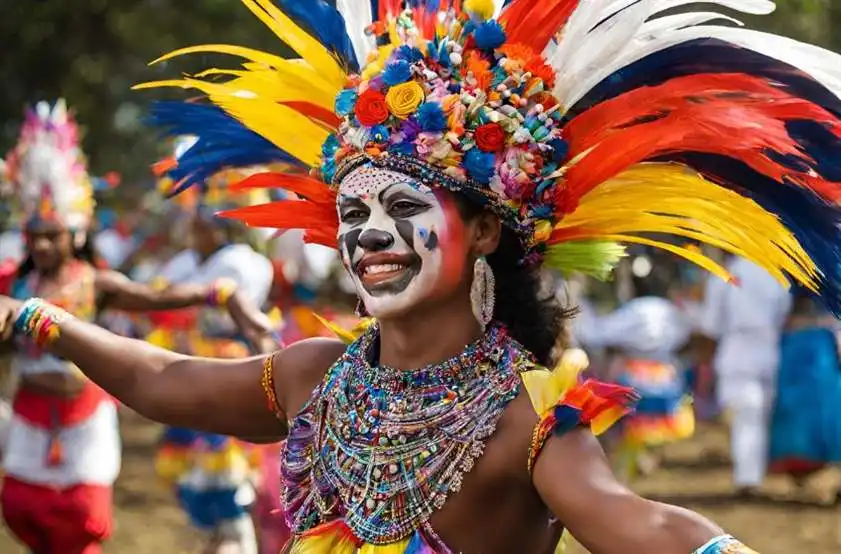
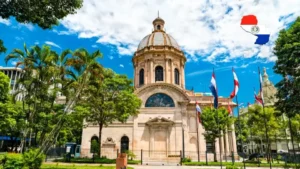
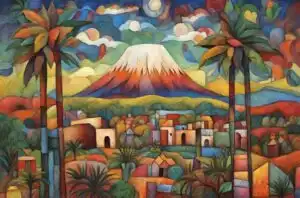
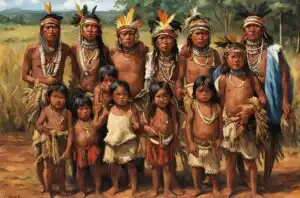
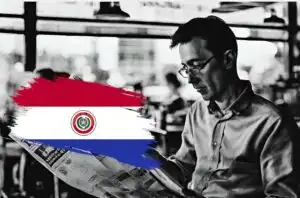
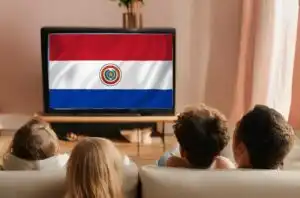
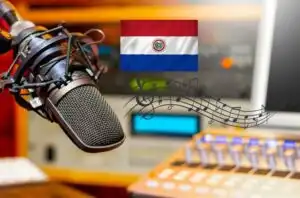
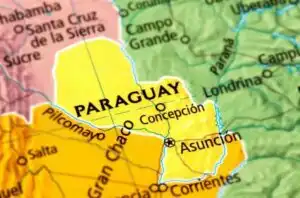
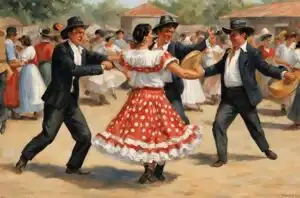
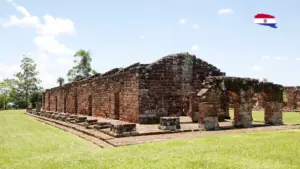
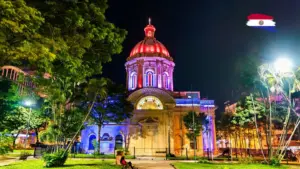
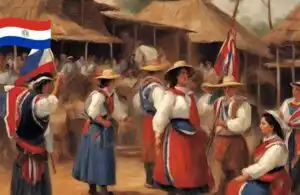
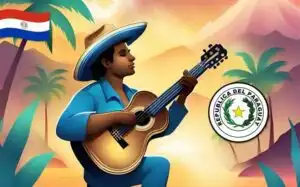
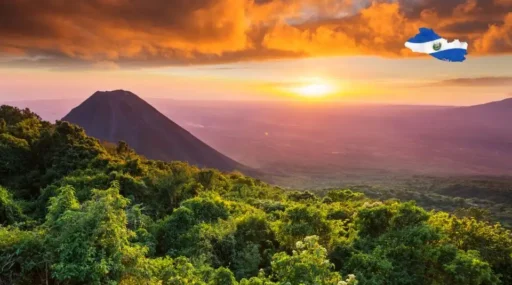
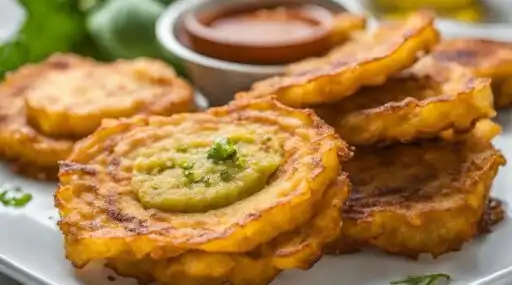
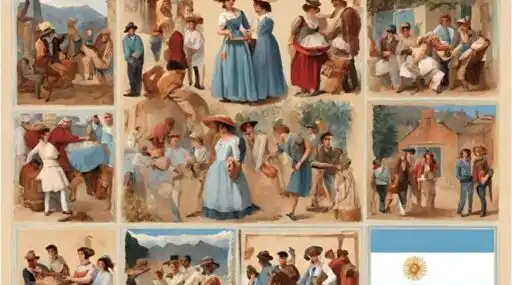

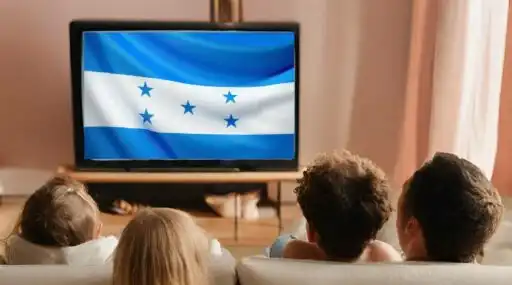
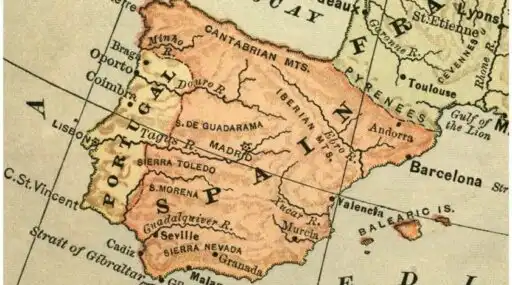
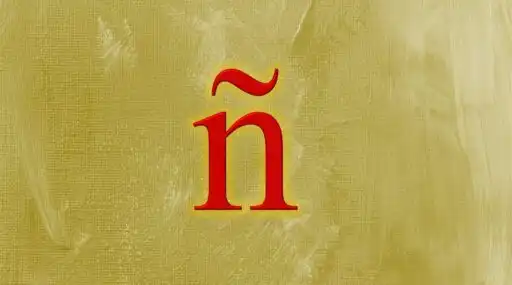

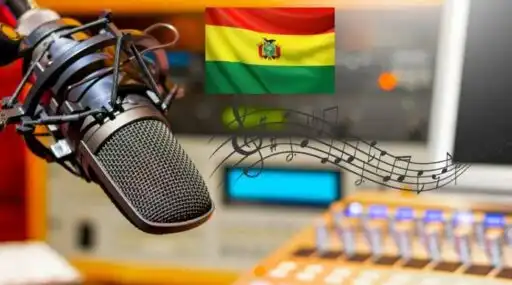
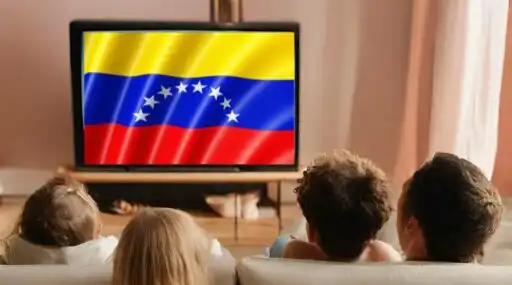
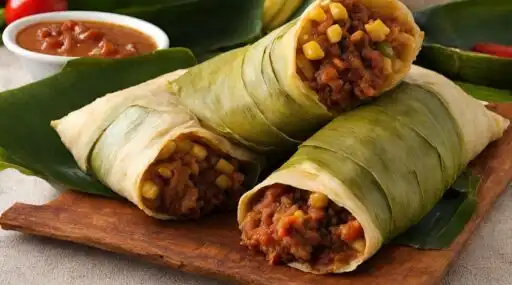
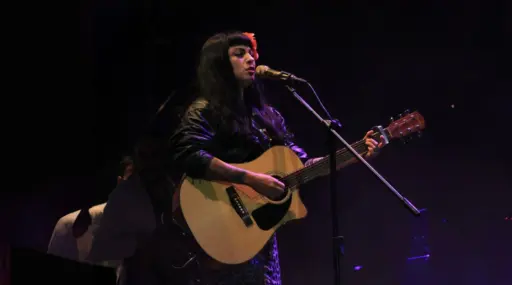
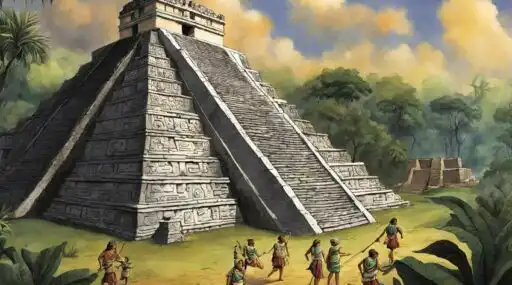




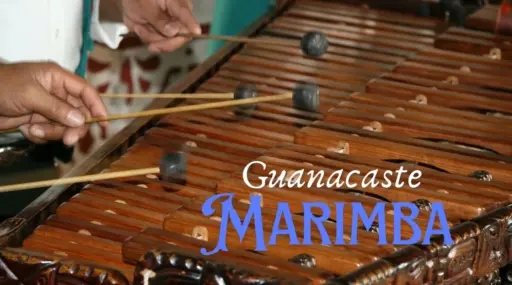
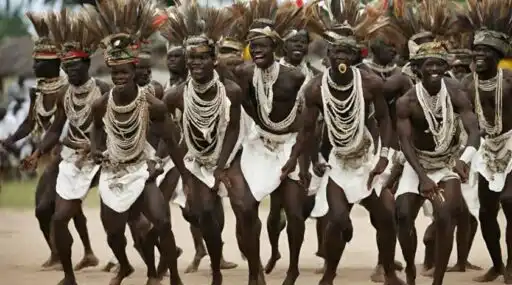
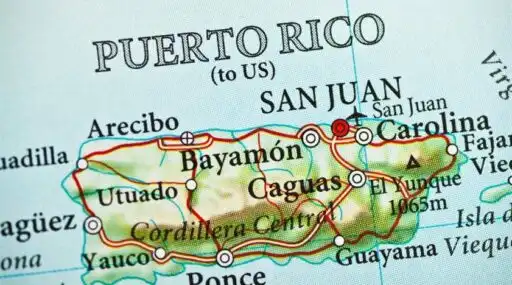


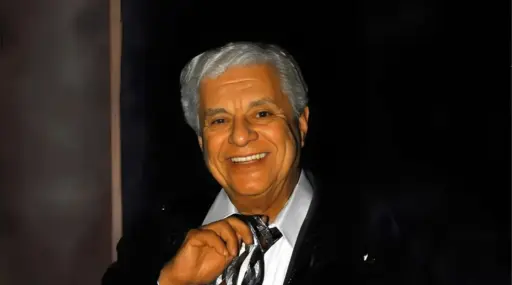
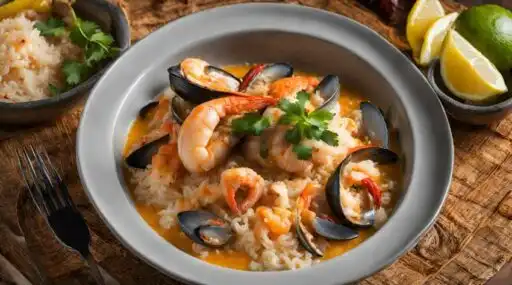
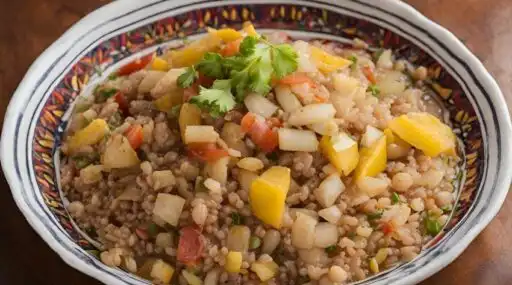
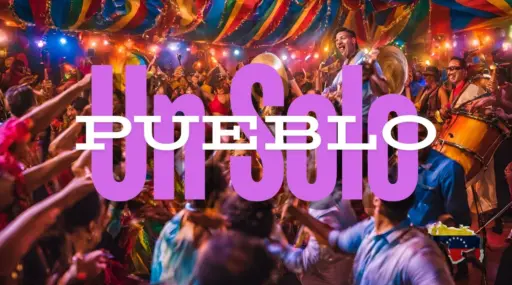


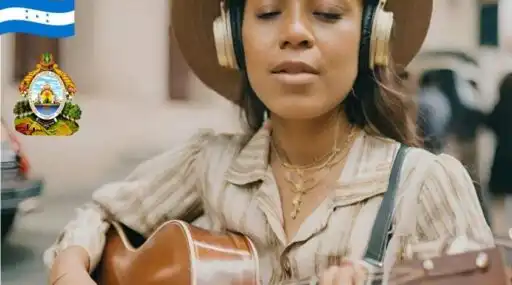

Leave a Reply